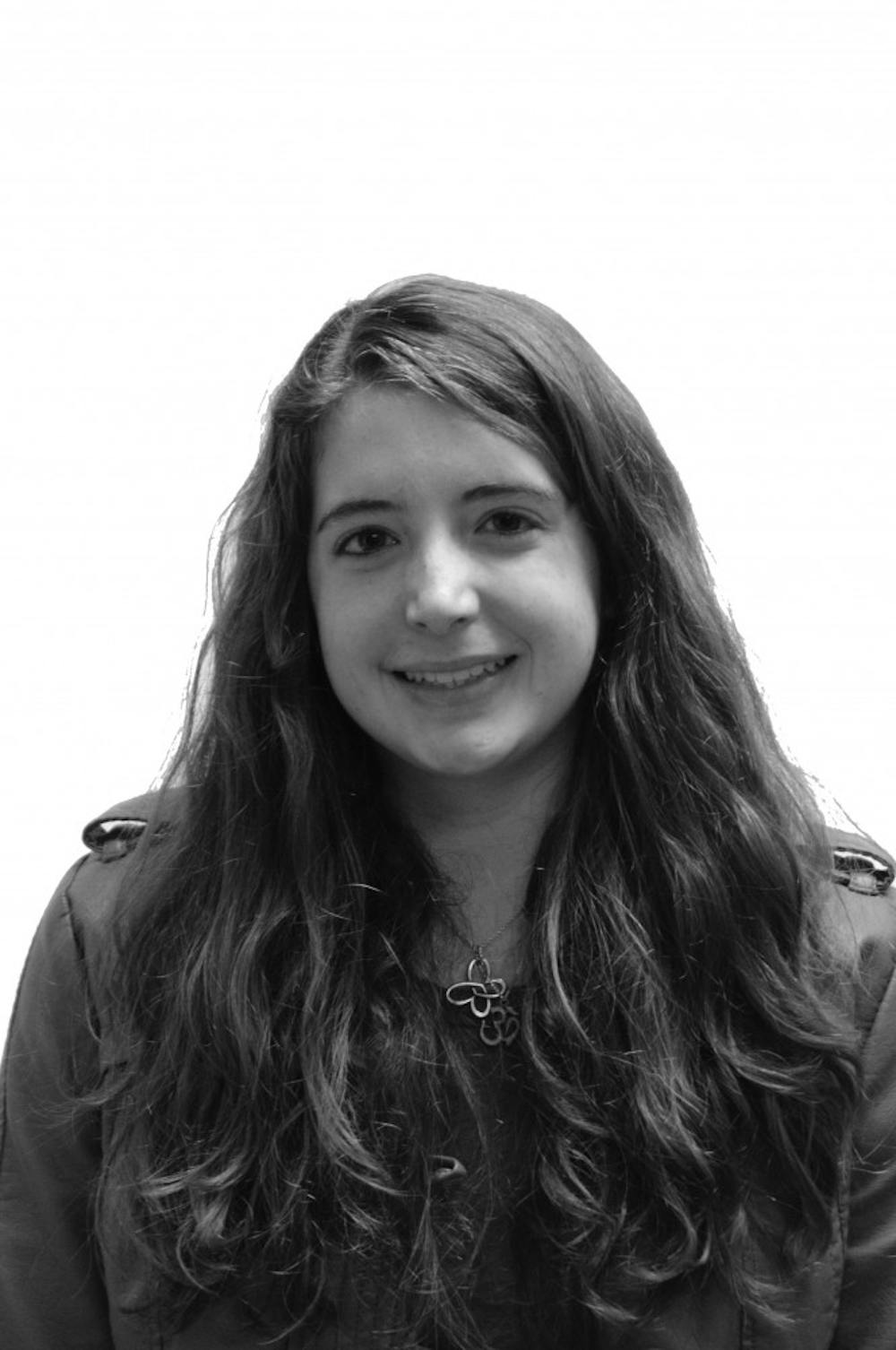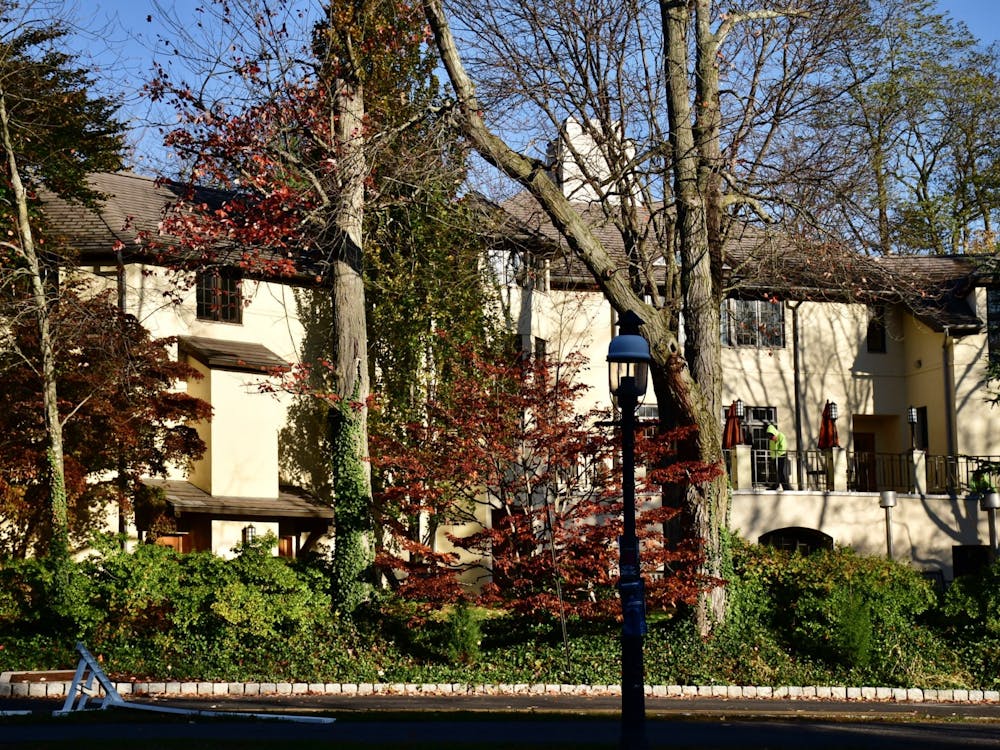This summer, my mom, one of my brothers and I went to see “Jobs.” As we walked home, we talked about visionaries, the impact Steve Jobs had made on our daily lives, the pursuit of the product and the industries he had both created and destroyed. When we got home, my brother Russ was quieter than usual. He graduated from Georgetown last spring and is getting his mind around joining “the real world” in September.
“Making a dent in the world — it’s a lot of pressure,” he said.
With that, he crystallized what I couldn’t quite put my finger on about being in college.
When we get to college, they tell us we are the visionaries, the changemakers, the next leaders, thinkers, dreamers. The poets, the politicians, the scientists, the academics, the businesspeople, the doctors and, yes, even the consultants of the next generation. We are the best and brightest, the lucky few, the ones who will invent the solutions to the world’s problems.
But what if we’re not?
What if we’re the world’s next middle-of-the-road salespeople, or paper-pushers? The next nine-to-fivers, dead-end job-ers or late-shift workers. The soccer moms, stay-at-home dads or even the unemployed? There is nothing wrong with being any of these things, except that at a place like Princeton (or Georgetown) we become so used to being told we’ll do something great that most of us are afraid to “settle” for middle-class obscurity.
The frustratingly flattering thing about going to a place like Princeton is that you are constantly told that at Princeton you will find your one true passion, the problem you alone can solve and that you will leave the world a better place. Top it off with an inspirational quote from a visionary and the speech writes itself.
No one tells us what success should look like; there is no Changing the World 101. Of course there isn’t. If you could teach someone how to revolutionize the world for the better, it would already be better. The most popularized success stories, the ones that end up as films like “Jobs” or “The Social Network” sell success as a scramble to the top littered with burned friends. It’s a job for a persistent renegade — with or without a college degree. Perhaps stories of a quieter sort aren’t sexy enough for mass media attention.
I’m sure that there are many future newsmakers among us and that the opportunities we get at Princeton and through the association with the name Princeton will position us better than the average college graduate. However, to sell us all the idea that we are the Next World Leaders seems ironically limiting. I’ve met some impressive Princeton alumni. I’ve met many more who don’t shape the world, effect global change or make a name for themselves. And they are fine with that too, even perhaps happier that they’ve escaped the never-ending race to the top that brought them to Princeton in the first place.
Is the pressure to “be the change we want to see in the world” too much? I don’t know. I’m too close to the issue to really understand its effect on me. I don’t have the perspective that will come with time as to whether this is the way to motivate the few future leaders among us to achieve the greatness they may have otherwise ignored or whether this type of mentality sets up most of us up for a future where we feel as if we never reached our potential. Or both. Or neither.
At this moment in my life, when people ask what I want to do after graduation I tell them I want to go into energy policy. I want to find a way to move society away from carbon intensive fuel to economically and environmentally sustainable power sources. In my Princeton-driven view of the next phase of my life, I tackle big challenges and find solutions to the same problems that have eluded the environmental movement’s greatest minds of the last 40 years. Grand, impressive and exceedingly cocky — chances are I’ll never achieve half of what I am setting out to do. Which isn’t to say I shouldn’t try.
Rebecca Kreutter is a Wilson School major from Singapore, Singapore. She can be reached at rhkreutt@princeton.edu.









